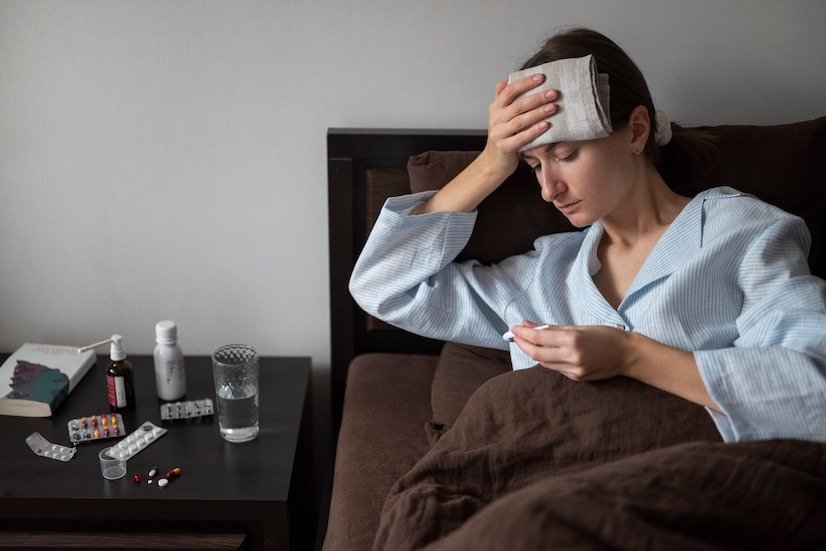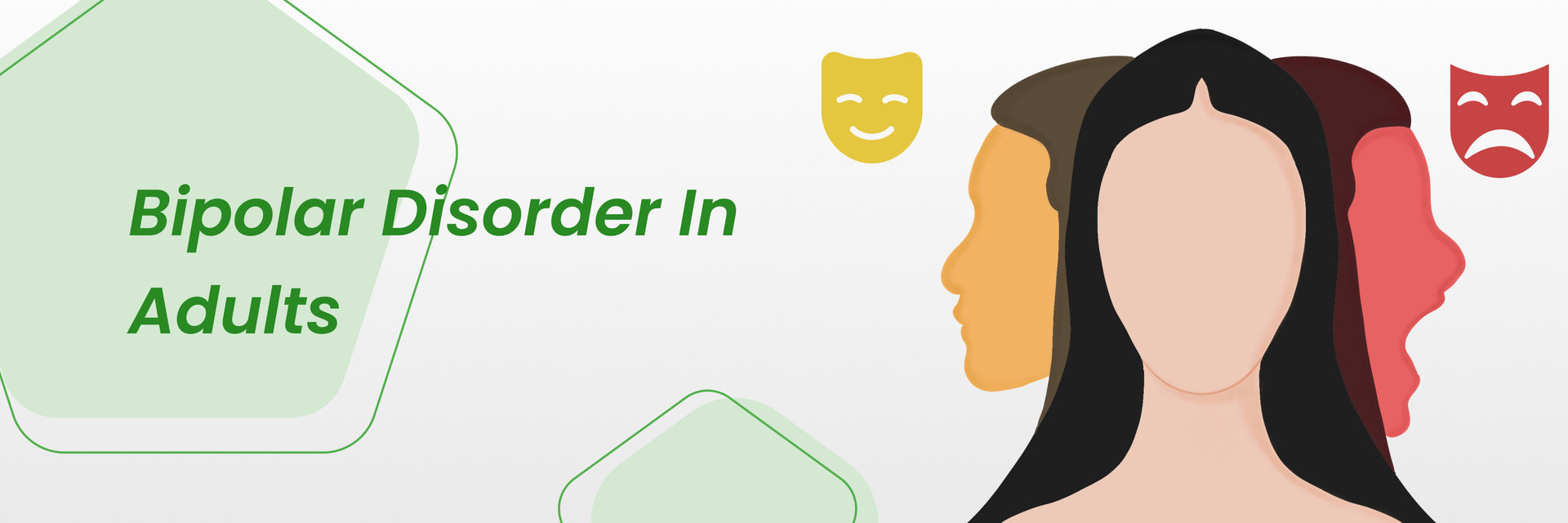Overview
Insomnia is a pervasive sleep disorder among older adults. About 30% to 50% of older adults are believed to have insomnia. Women are at a 40% higher risk of developing insomnia in their lifetime. 22% of adults in the US are estimated to have insomnia. Individuals between the ages of 18 and 24 years were found to have difficulty falling asleep every night.
Insomnia is believed to affect mental health significantly. 40% of individuals with insomnia develop some mental disorder. Depression is one of the prime reasons for insomnia, with anxiety accounting for 75% of all insomnia cases. Insomnia can be treated once the underlying cause is discovered.
A clinical health psychologist Sarah-Nicole Bostan, Ph.D., BCB, Director of Behavior Change Strategy, Signos said,
Insomnia, a sleep disorder characterized by difficulty falling or staying asleep, can contribute to the development of mental health problems, including mental breakdown. Insomnia can cause a range of adverse effects on the body and mind, including:
As per Jordyn Mastrodomenico, clinical director at ChoicePoint, Mental Health & Addiction Treatment Center,
Recent studies have proved that sleep disorders are linked with mental illnesses such as schizophrenia, depression, ADHD, bipolar disorder, and post-traumatic stress disorder. Sleep disturbances trigger behavioral changes in people who have already been diagnosed with mental disorders.
Disturbed sleep patterns can trigger mental breakdowns in people, causing irritation, aggression, mania, and violence that can prove harmful to them and their loved ones.
According to the cause of insomnia, the treatment can be varied, including improving sleep habits and behavioral therapy. Medications and sleeping pills can also be used.
Although there has been the latest development in the treatment of insomnia, the FDA has approved a newer class of medication for the treatment of insomnia.
Let's dig deeper into the specifications of this new treatment for insomnia.
What is the new insomnia medication?
The FDA has approved a new medication for insomnia called Quviviq (Daridorexant). The approval was passed in January 2022. Quviviq is available as oral tablets to be taken before going to bed. It is a member of the class of drugs known as orexin receptor antagonists (ORAs). Daridorexant belongs to the same class as Dayvigo (suvorexant) and Belsomra (Lemborexant).
Quviviq is considered a controlled substance as it poses the risk of misuse and addiction. There will be restrictions on how frequently and how many prescriptions you may fill at once.
How does the new insomnia medication work?
The newest category of sleeping pills is called ORAs. Orexin is a "wake-up protein" that your brain produces daily. When it's time to wake up, orexin connects to specific nerve cells. Orexin typically isn't as active when it's time to sleep. During that period, other proteins that aid in sleep are more active. Daridorexant, an ORA drug, blocks orexin's ability to bind to those nerve cells. Your brain might go to sleep and stay in that state. Your natural desire to wake up will return after the effects of the drug Dariorexant are over.
How effective is Quviviq?
The FDA approved the new treatment for insomnia after 3 phases of clinical trials of the drug. The clinical study aimed to examine the effectiveness of Quviviq, the new Insomnia medication, in treating Insomnia and study its safety and side effects.
In the first two trials, Daridorexant was compared against a placebo (a pill without any medication). These studies show that, when compared to a placebo, daridorexant significantly improved sleep. One of the two trials also showed that Daridorexant 50 mg reduced the amount of excessive sleepiness the next day in those with insomnia.
What are the side effects associated with Quviviq?
During clinical studies, the new treatment for insomnia was well tolerated by the study participants. Headaches and sleepiness were the most frequent adverse effects reported by users. After taking their dose, several people also mentioned feeling lightheaded or dizzy.
Former issues are some of the mild side effects if you take the new insomnia medication as prescribed by your doctor.
A few adverse side effects are associated with taking Quviviq in a way that the doctor does not prescribe.
The adverse side effects associated with the new treatment for insomnia are listed below:
- There is an addiction risk with Daridorexant; discuss your substance use disorder with the consulting doctor before taking Quviviq.
- It is challenging to focus or finish things that need concentration when using Dariorexant. Some folks may feel groggy the following day as a result. Wait to drive until at least 7 hours after your Daridorexant dosage.
- Some persons who take Quviviq may have sadness or suicidal thoughts. Your risk is increased if you have a history of mental health issues. After taking Daridorexant, if your mood changes in any way, call your doctor straight away.
- While using Daridorexant, some people have experienced strange sleep-related behaviors and experiences. This includes having trouble moving or speaking when you wake up, sleep driving, and sleep-walking. Talk to your healthcare practitioner about this if any of these occur.
How does the new insomnia medication interact with other drugs?
Many drugs interact negatively with Daridorexant.
Daridorexant may make you feel sleepy. As a result, you should avoid taking additional drugs that make you drowsy.
Additionally, the following interact with Daridorexant:
- Carbamazepine Clarithromycin (Tegretol)
- Orange juice
- phenobarbital, rifampin, and Verapamil
You may be more prone to encountering extreme sleepiness or physical impairment if you drink alcohol. Significant injuries may result from this. So, it would be best to abstain from alcohol while using Daridorexant.







